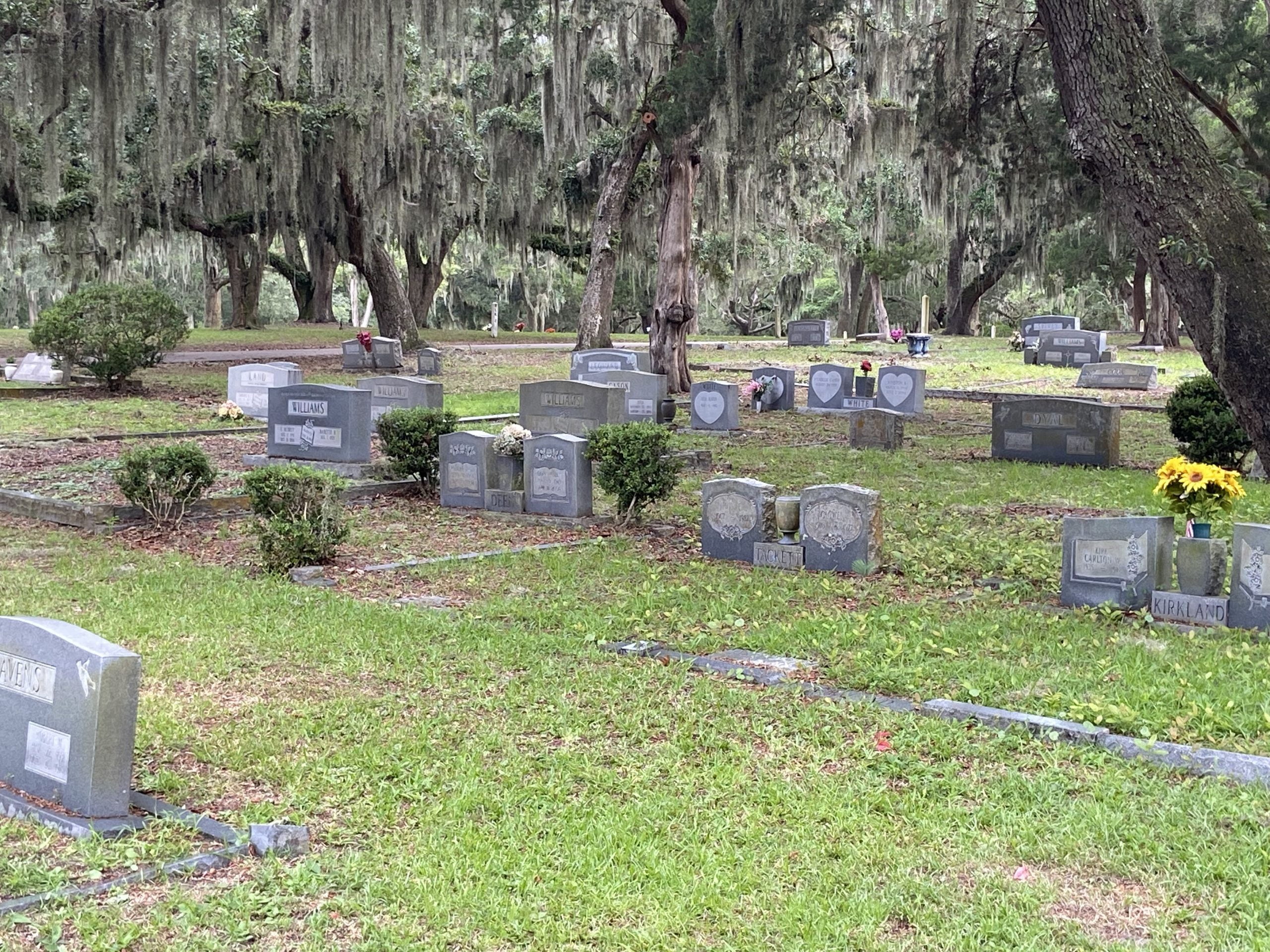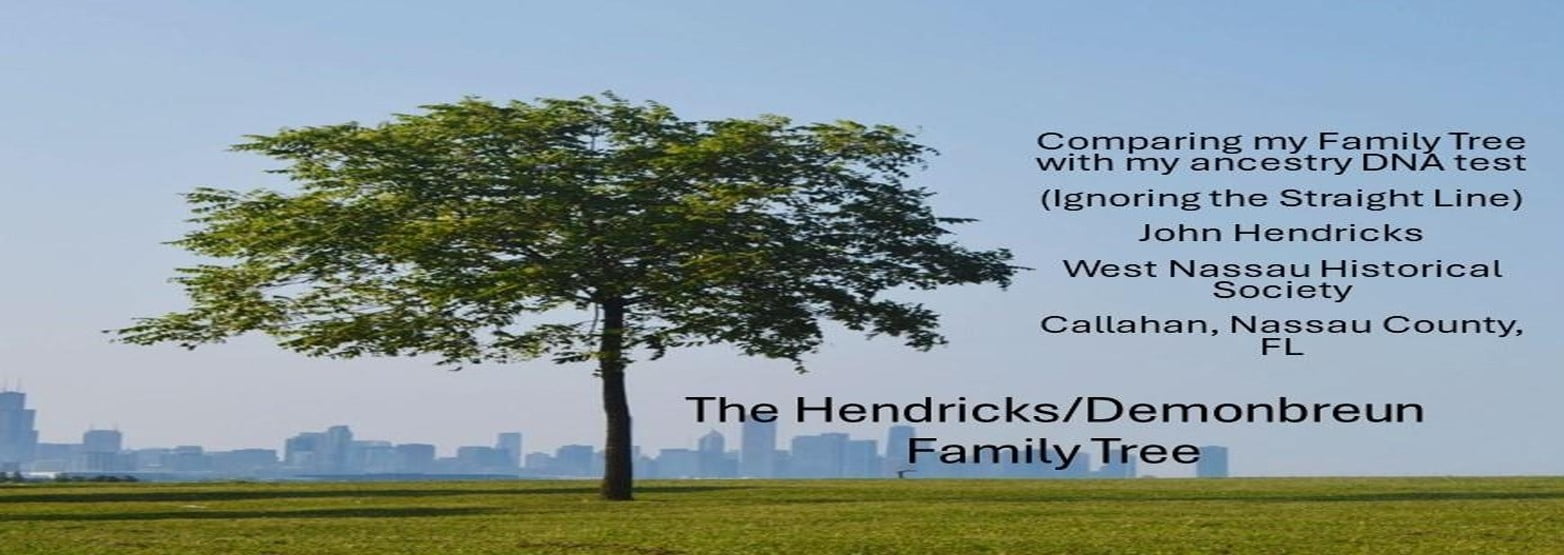
Join us for a fascinating presentation on how the region’s agricultural sector persisted, despite serious challenges, and continued to contribute significantly to the county’s economy by the late 20th century. Commercial agriculture in Nassau County dates back to the 18th century when a highway was constructed from the northern colonies to St. Augustine, leading to the establishment of plantation systems. After the Revolutionary War, Nassau County was transferred back to the Spanish, who re-established plantations, initiating the first land boom. In the 19th century, the area saw battles between Americans and Seminoles, leading to the relocation of the Town Seat of Government from Fernandina to Sand Hill. The 20th century witnessed the boom of the timber and Long Leaf Pine industry, with significant developments in agriculture, marked by the introduction of County Agricultural Agents in 1915 and the growth of the truck farming industry in South Florida in the 1920s. The Great Depression and subsequent decades brought challenges, but the region’s agriculture persisted, contributing significantly to the county’s economy by the late 20th century. David Hebert Speaker David Hebert is an Extension Agent I in Nassau County, FL. This presentation is based on his research of a collection of historical documents.
Free




















